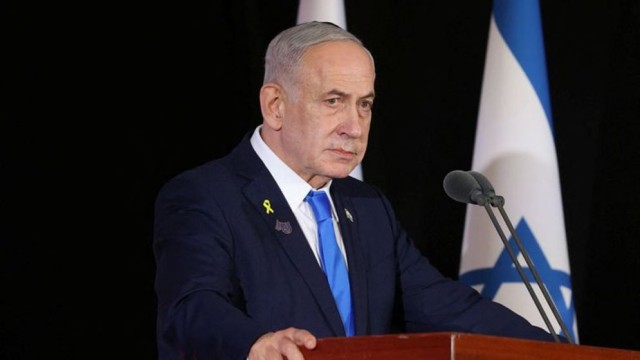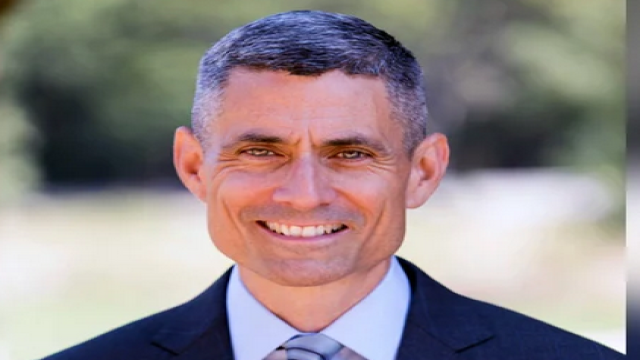Washington, April 7 (V7N) - President Donald Trump is taking one of the biggest risks of his career by imposing steep tariffs, starting a global trade war with far-reaching consequences. This move challenges decades of economic policy embraced by mainstream economists and U.S. presidents since World War II, who have generally supported free trade as a way to foster prosperity and peaceful international relations.
Trump believes these tariffs, the highest since the 1930s, will generate a boost in federal revenue and encourage the revival of American manufacturing. Customs agents began collecting 10% tariffs on U.S. imports on Saturday, with higher tariffs set to follow soon.
Despite his optimism, the response from investors has been far from supportive. Following Trump's tariff announcement, the S&P 500 plummeted 10.5%, and the Dow Jones lost nearly 4,000 points, marking their worst performance since the early days of the COVID-19 pandemic. This steep decline led to a $6 trillion loss in market value, shaking the confidence of millions of Americans watching their retirement savings diminish.
Former Treasury Secretary Larry Summers criticized the tariffs, calling them a "self-inflicted wound" on the U.S. economy. He noted that there is almost no support for the policy outside of Trump's inner circle.
Trump, however, remains confident in his approach, stating that this is a "revolution" and predicting historic results. He argues that the tariffs will strengthen America's position on the global stage, even as the economic consequences begin to unfold. The President's decision to prioritize his trade agenda, which includes a focus on tariffs, over traditional advice from experts signals his belief in the success of his "America First" vision.
While the President's supporters in the White House continue to defend the tariffs, even some Republican lawmakers are starting to voice concerns. A recent resolution in the Senate aimed to lift tariffs on Canada, signaling some discomfort within Trump's own party. Public opinion also appears to be shifting, with a Wall Street Journal poll showing that more Americans oppose the tariffs than support them.
In addition to the economic fallout, the tariffs have strained international relations, with China and the European Union retaliating with their own tariffs on U.S. goods. Canada's relationship with the U.S. has also been affected, with Prime Minister Mark Carney declaring that the "old relationship" with the U.S. is over.
As the global consequences of the trade war unfold, the true impact of Trump's gamble remains uncertain. Negotiations with other countries may offer an opportunity for Trump to adjust his approach, but there are no signs that he plans to back down from the tariff regime just yet.
END/WD/SMA/NYC/

























Comment: